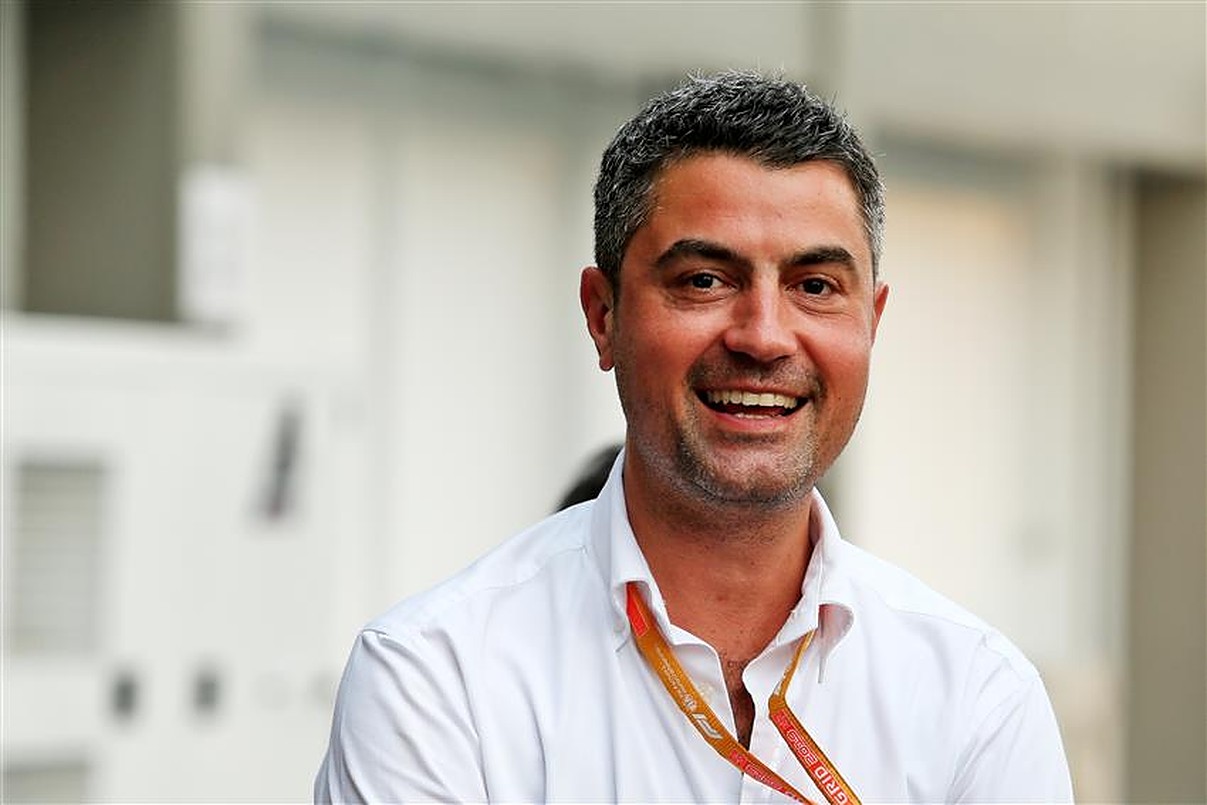Red Bull have told the FIA that their issues run much deeper than race director Michael Masi, and that he should not be singled out as the sole cause of controversy following the end of last year’s title race.
Masi was placed into his role as race director following the tragic passing of Charlie Whiting in 2019, and has since been juggling this position with responsibilities as safety delegate, track delegate and director of sports.
The Australian made a multitude of contentious choices last year in Azerbaijan, Brazil, Saudi Arabia and the season-ending Abu Dhabi Grand Prix, and it is the latter that has caused the most hysteria among fans.
Masi contravened an earlier decision to allow no lapped runners past a late Safety Car by only permitting the five between Sir Lewis Hamilton and Max Verstappen to get their lap back.
As a result, the Dutchman passed the seven-time world champion – who had been leading much of the race – to claim his first-ever F1 world title on the final lap of the race.
This caused uproar at Mercedes, particularly after the radio communications between Red Bull and Masi, and the Silver Arrows are holding the FIA “accountable” for an investigation they are now carrying out into the late events.
Calls have also been made for Masi to lose his position, and it was inferred that this was exactly what had happened when he was conspicuously absent from the FIA’s January organisational chart.
However, he is simply working under the supervision of new executive director of single-seaters, Peter Bayer, who is keen to put in place a framework that depressurises the relentless job that the 44-year-old faces on race weekends.
Sergio Perez, who debuted for Red Bull last season, believes that this is the more prudent option than placing the blame on one man.
“People are very serious about it, but I think we should continue to support Michael. He’s done a great job. We can’t forget he had to fill Charlie Whiting’s shoes,” he said.
Red Bull advisor Dr Helmut Marko suggests that the investigation is not a witch hunt against Masi, but is intended to identify that Masi and race control need a calmer environment – without interference from teams – to make fairer decisions.
“The primary purpose of the investigation is to clarify that Masi was simply overwhelmed in that situation, and that the team bosses cannot continue to interfere with race management over the radio,” he said in an interview with the Kleine Zeitung newspaper.
“Everything should be clearer.”
The 78-year-old recognises that the FIA are outnumbered by team members persistently lobbying them after incidents, and sympathises with the volume of factors race control have to consider in a short space of time while perennially processing new information.
“I think they will try to relieve the race management a little more,” he added.
“The big teams, like us, have people in the factory who analyse every little detail and immediately let them know on the pitwall.
“So in that respect the FIA is hopelessly overshadowed by its lack of manpower.”
The Austrian was asked whether he believed Masi deliberately favoured Verstappen and Red Bull with his contentious late call in December.
“No, of course not,” he replied.
“He wanted to find a sporting solution. As is often the case with safety car phases, one driver benefits more than the other.”
Former F1 driver Karun Chandhok has recently suggested that a brake fire on Nicholas Latifi’s stricken Williams extended the Safety Car period, and this resulted in the restriction to just one lap of racing, which is why the race director allowed a limited number of runners through ahead of the final lap of the race.
Dr Marko admits that the pinnacle of motorsport cannot simply adopt the IMSA method of adding laps on at the end to make for a fairer finish due to the lack of fuel in the cars.
“In the American IMSA, three laps can be added so the races are suddenly longer. In Formula 1, with all the tight fuel calculations, this is not an option,” he explained.
While Verstappen wrapped up the drivers’ title, Mercedes claimed victory in the Constructors’ Championship, sealing their record eighth consecutive crown.

